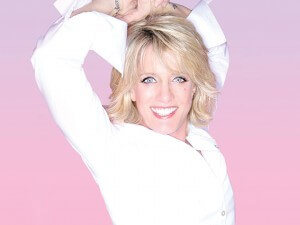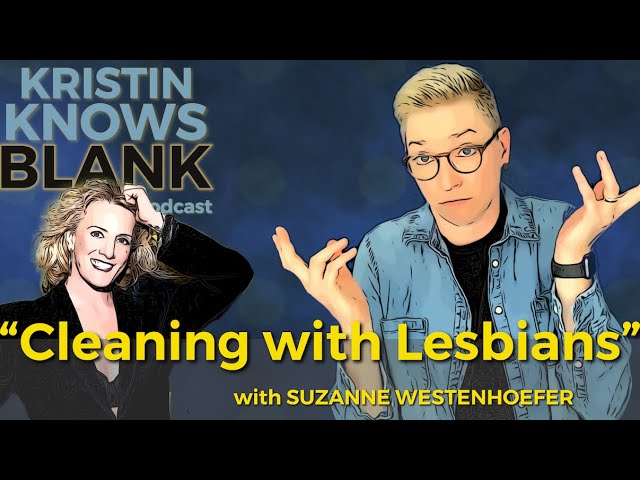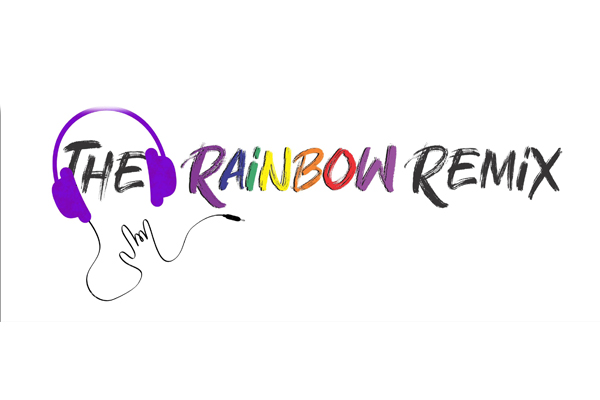Originally published by PQ Monthly on December 17th, 2014.
By Shaley Howard
 I thought I had earned all my stripes for being an official lesbian: Womyn’s Music Festival; laundry list of girlfriends; Indigo Girls, Ani DiFranco and Melissa Etheridge concerts; endless Gay Pride parades; Dyke marches; Lilith Fair—I’d even played on a lezzie drama-filled softball team. But recently I experienced my first Olivia Cruise, which I do believe finally made me an over-the-top 100% Lesbionic Lesbian—although that may be redundant.
I thought I had earned all my stripes for being an official lesbian: Womyn’s Music Festival; laundry list of girlfriends; Indigo Girls, Ani DiFranco and Melissa Etheridge concerts; endless Gay Pride parades; Dyke marches; Lilith Fair—I’d even played on a lezzie drama-filled softball team. But recently I experienced my first Olivia Cruise, which I do believe finally made me an over-the-top 100% Lesbionic Lesbian—although that may be redundant.
If you’ve never been on the Olivia lezzie Love Boat, all I have to say is it’s really, let’s just say female–oriented—women spelled womyn. It turns out I’m just not really a cruise type of person, no matter who’s on the boat, but I was lucky enough to be on the same cruise as one of my longtime favorite lesbian comedians, Suzanne Westenhoefer, who graciously agreed to an impromptu interview for PQ Monthly.
PQ: Hello! So Suzanne, how is your career going?
Suzanne Westenhoefer: My career is going great! [It’s been] 24 years since I did my first stand-up, so 22 years on the road; I got it down. I think I started when I was around 6.
PQ: With so many lesbian-only places going away, are you finding audience spaces waning?
SW: Yes. The younger, 20-30–years–old lesbians do not have the same feeling of needing to pay to be gay or go to Provincetown to be gay. They’re like, “Wait, we can be gay in Kansas City and we don’t have to spend $400 dollars a night for four nights!” So there’s not a lot of having to seek out big women’s weeks in certain areas. But as far as my audience goes, they stay strong—plus I do straight clubs.
PQ: Does your humor have play with hetero audiences?
SW: I started in straight clubs as an openly gay comic in 1990. So yeah, I don’t have a problem with straight people because that’s where I started. The main difference between the two [lesbian and straight clubs] is instead of saying “we” or “us” or “our people,” I say “I” because you don’t want to assume the audience is gay, although I like to give everyone the benefit of the doubt.
PQ: Do you play at colleges?
SW: Not so much anymore. The college humor was never my best stuff. They want “I got drunk. I did drugs, I fell down, etc.” and I wasn’t ever really doing that sort of humor. I remember doing a show at Syracuse University and I’m talking about my relationship that was about seven years old. I said to the audience, “You know when sex gets a little boring ’cause you’ve been together for a while”—and then you look out at 600 people who are 19 going, “It gets boring?! We’re just trying to get laid! What?!” I don’t have a message for young straight people. Plus back when I did do colleges, fraternities would make all of their pledges come to my show as hazing. It was the ’90s. “You have to sit through the lesbian comedy in order to become part of our fraternity!” Seriously.
PQ: How are you gaining traction with younger queer audiences?
SW: It’s really hard because, in general, it seems like the 20–year–olds aren’t very interested in the history of gay rights, coming out, etc. It’s just not that exciting for them in general. Obviously with promoters, we try and offer deals for students or 2-for-1s to get them in. Once they’re in, they like me ’cause it’s still the same comedy of sex, falling down, work, traffic, parents—the same things any other comic talks about.
PQ: LGBTQ folks have such varied gender expressions. Do you notice that some of the dichotomous history of playing into some of the butch/femme dynamics and stereotypes doesn’t hold up or that it goes over the heads of some younger audience members?
SW: It does not go over their heads but it has never held up. Lesbians in general have been fighting the butch/femme thing since I can remember back when I came out in 1981. A large chunk of lesbians just don’t like it and are upset and offended by that whole thing. It exists, get used to it. I think there are two sides of women when we are in relationships. I used to call it “yin and yang”—I used to do a whole piece on that. There’s a reason I would be attracted to a certain woman in a sexual way, and most of the time it has nothing to do with how attractive or funny we are. Women think that somehow by calling it butch/femme it’s somehow negative. It isn’t. Just because someone says you’re a butch doesn’t mean that you have to act a certain way; just be you. That’s how someone’s defining you because that’s the language they have. Big deal!
At a certain time in the past, how we were defined depended largely on where we lived in the country. If you went down to the South in the early ’90s and I called you a dyke, oh my God, they were so insulted: “I’m a lesbian. I’m not a dyke” [said in a Southern drawl]. But at the time, that was their language and that was fine. But then as soon as you were in New York, you were a dyke again. Since I can remember, I’ve been calling myself a dyke, a lezzie and on. But here’s the thing: they’re words. You know who you are. Are you really gonna let words matter so much? It’s how the word is said. It’s the intention. We keep trying to give words all this major power; why not take it from them? I loved when the LGBT community started saying “queer” and took it back.
PQ: Has the LGBTQ community become so politically correct that we’ve lost our sense of humor and ability to poke fun of ourselves?
SW: I can’t say we’ve lost our sense of humor. I just think that for some people words and politics are more important than the humor. Comics are like the court jesters. We’re the ones who are supposed to make fun of it all, sometimes to get people thinking so you don’t get so caught up in the language that’s being used or the way it’s being used as opposed to the content—what’s really being said here behind the PC rhetoric. Part of our job is to get people to lighten up. If you get so caught up with being too PC, people sometimes start to alienate other LGBT folks that in actuality agree with the content of your messages.
PQ: How do you view “labels”?
SW: It’s the way we communicate verbally, that’s all. It’s so we understand who and what we’re talking about. Everybody says, “We don’t like labels,” but it’s not very thoughtful. You’re not really thinking it through. Labels are just descriptions. It doesn’t mean if someone says you’re a certain kind of lesbian that you then have to act a certain way. Labels are useful, amazing parts of how we communicate; that’s all. When you say, “We don’t need labels and don’t want labels,” all you’re doing is giving them [labels] a power they don’t really deserve. I mean, isn’t “queer” a label? When people say, “I don’t want to be labeled except for this one I’ve chosen,” aren’t they just choosing their own, new label? For people, especially the younger generation, to say, “I don’t want to be labeled” means really, “Don’t you tell me who to be or who I am or how to act. I want to choose it.” And they’re young enough that that’s important to them—which it should be! But we all still need to find some sort of labels to define who you are or what you’re talking about. Funny, you never hear a sports fan saying, “I don’t want to be defined and labeled.” They’re always like, “I’m a Packers fan!”
For more information about Suzanne Westenhoefer check out her website: http://www.suzannew.com/



